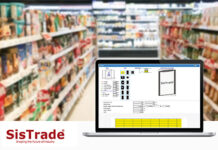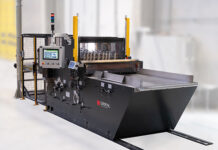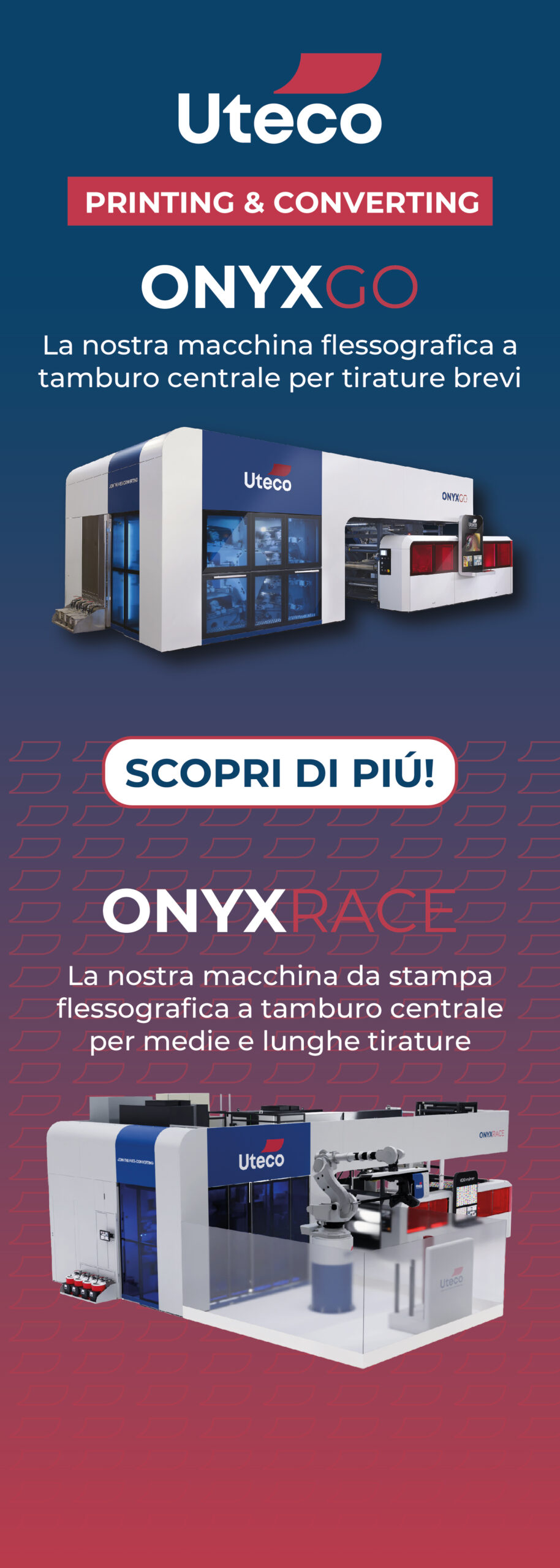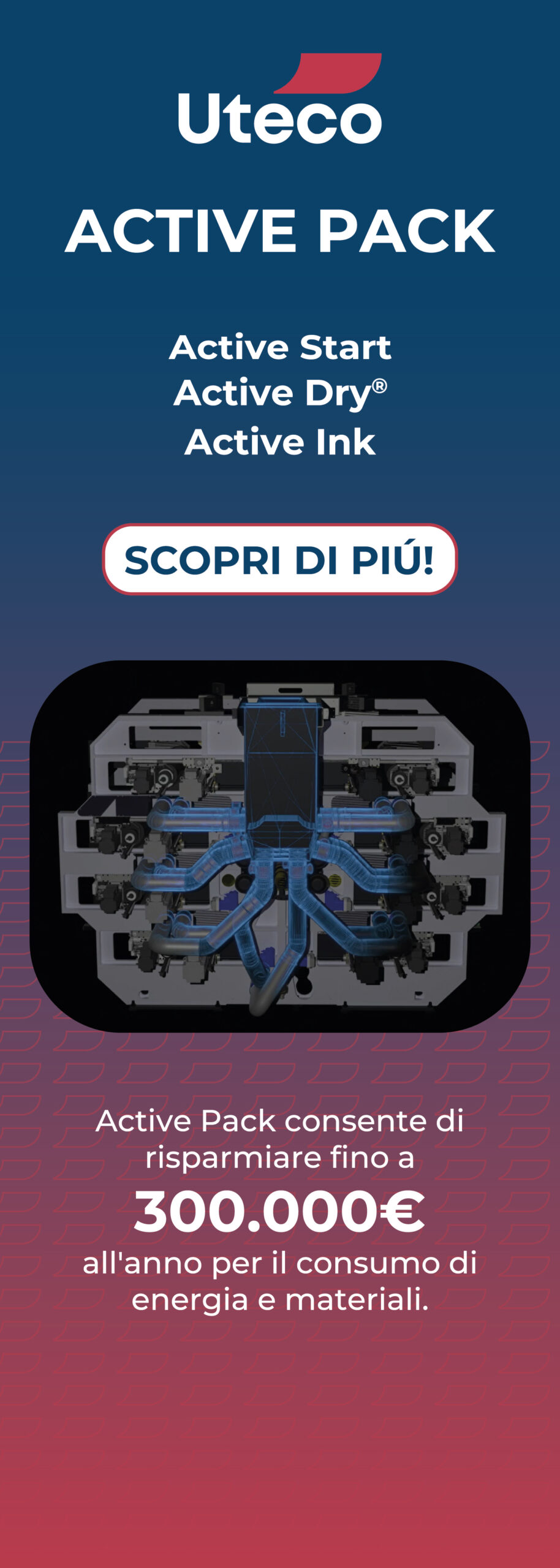
On March 3, with an official letter sent to the top management of UPM Kymmene in Finland, the 4.6 Business Network made up of leading Italian label printers launched a dramatic appeal to call everyone to responsibility. After pandemic, with the energy crisis that has made its grip felt with a substantial decrease in raw materials, the trade union clash between the Finnish giant and its workers has aggravated an already very difficult situation. Now that the strike is over, let’s see what the market scenario looks like. We talk about it with Andrea Vimercati, Pilot Italia and spokesperson for 4.6 Business Network
The strike of Finnish giant UPM Kymmene, a world producer of paper for graphic-converting industry, which began in January 2022 and ended on April 22, brought more than one industrial sector to its knees, exhausted by a two-year period of pandemic, a period in which with great sense of responsibility and duty, all have contributed to the support of the country with own skills. Never a day of work lost by supplier companies in the graphic, paper converting and label sectors, with important sacrifices for all the players involved: from the owners and managers of the companies to their collaborators, the sense of unity was very strong in Italy; certainly our industrial sector is made up mainly of small and medium-sized companies, where it is not uncommon to find the owner in the department to help in times of need and this family spirit emerges even more in times of difficulty.




It is perhaps also for this reason that it has been even more difficult to understand what has happened since the beginning of the year in the Finnish plants of UPM Kymmene. Who surely wanted to make its voice heard, launching an appeal to the parties involved, but also to the market, was the 4.6 Business Network made up of leading companies in Italy in the sector of labels and flexible narrow web packaging composed by Gruppo ARO SpA, Notarianni srl, Eurolabel srl and Pilot Italia SpA, (to which Cograf srl will soon be added).
We take this opportunity to deepen with Andrea Vimercati, Pilot Italia, the knowledge of the Business Network 4.6 and the latest updates relating to the current situation and above all to the developments in the raw materials market in the coming months.
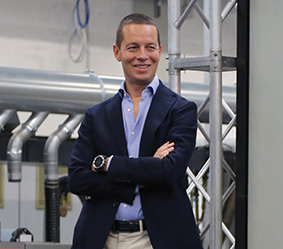
Face to face with Andrea Vimercati, Pilot Italia and spokesperson for 4.6 Business Network
Can you describe what the 4.6 Business Network is, where does it come from and what were the benefits for the companies that are part of it?
“This Business Network was born in 2012 from the will of Aro, Mida (later absorbed by Aro), Notarianni and Pilot, which was later joined by Eurolabel and soon also Cograf.
An idea that has matured from the knowledge and friendship especially of us young entrepreneurs, to share our purchases and to structure ourselves in an important way also towards large international players who had approached the Italian market. Establishing a purchasing group also means giving oneself common and shared commercial rules in order to avoid having to play a useless game with low prices for end customer, since we had already witnessed (in spite of ourselves) an impoverishment of the label market caused by companies that either no longer exist or are part of large entities in which they have been forced to adopt crazy commercial policies.
The Business Network contract that we have signed leaves companies free to buy independently, after common negotiation, to obviously sell independently as always, protected by precise rules and signed by all participants, with a contract deposited and visible to all at respective chambers of commerce. The Business Network 4.6 is among the top 5 in Italy and among the top 40 in Europe in terms of purchased volumes, with an evident specific weight towards suppliers. This collaboration was also exploited to share, where possible, specific skills, avoiding overlapping in the offer, but trying to start productive collaborations within the network companies. It goes without saying that the whole process was born and developed without undermining the common rules of competition of the free market, despite the initial complaints of one supplier”.
This business model is based on the strength of the union especially in moments of commercial bargaining with suppliers. How did the market react to the announcement of your Business Network?
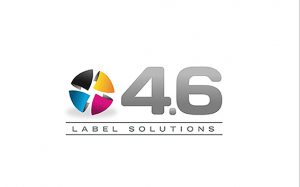 “We have had suppliers who were very collaborative right from the start and have willingly accepted this new reality. Then there was a large company that was not very present on the market, and that thanks to this project approached our sector with mutual and lasting satisfaction, then there were some realities that instead initially opposed us, some suppliers very sincerely told us that they did not want to focus on the volumes that we would have guaranteed, preferring special solutions, but making themselves available to collaborate. However, we believe that we have provided a great opportunity to our suppliers and we are happy with the obtained result”.
“We have had suppliers who were very collaborative right from the start and have willingly accepted this new reality. Then there was a large company that was not very present on the market, and that thanks to this project approached our sector with mutual and lasting satisfaction, then there were some realities that instead initially opposed us, some suppliers very sincerely told us that they did not want to focus on the volumes that we would have guaranteed, preferring special solutions, but making themselves available to collaborate. However, we believe that we have provided a great opportunity to our suppliers and we are happy with the obtained result”.
Can you explain the meaning of your protest?
“Given that ours is not an isolated action because I know that protest initiatives have also arisen with the contribution of trade associations of countries such as Germany, France, Belgium, Spain, it is clear that UPM has put in serious difficulty the market for self-adhesive labels. A product without a label does not leave the factory, while, for example, for other packaging sectors, in some cases can be found immediate alternative solutions. The material supplied by UPM to our other (few) suppliers, glassine paper, is of fundamental importance for all label makers. As we have also been able to communicate to those directly concerned, it is difficult to understand for us printers and converters, who also under the pressure of the pandemic, have shown a great capacity for resilience, accepting that multinationals did not have an emergency plan ready to be implemented in times of difficulty. It made us angry that a trade union conflict which in any case should see the parties involved sit at the table and talk, has brought a production sector to its knees that, after all, would also have orders to complete … We do not want to go into others’ problems, but these issues cannot fall on us, the final customers”.
The strike was lifted, but what happens now?
 “All companies have many orders in house waiting to be fulfilled and we struggle to guarantee precise delivery terms. Although the strike has now finally been lifted, the consequences will continue in the following months. Furthermore, this excess demand, also due to the pandemic, will be a problem in the future, as it will not represent the real market demand, this situation will make it difficult for suppliers to make forecasts and adjust their production capacity accordingly. In the pandemic we have managed to increase our stocks by 30%, but there is no material supplier capable of guaranteeing free production spaces to support such a request”.
“All companies have many orders in house waiting to be fulfilled and we struggle to guarantee precise delivery terms. Although the strike has now finally been lifted, the consequences will continue in the following months. Furthermore, this excess demand, also due to the pandemic, will be a problem in the future, as it will not represent the real market demand, this situation will make it difficult for suppliers to make forecasts and adjust their production capacity accordingly. In the pandemic we have managed to increase our stocks by 30%, but there is no material supplier capable of guaranteeing free production spaces to support such a request”.
This problem is added to the rise in energy costs, how do you plan to tackle this problem too?
“The issue of energy cost increases is another serious problem gripping the market. Increases that we production companies have been forced to accept, but which in turn we are unable to get accepted by our customers, who sell for the vast majority to large-scale distribution, which on the one hand can afford to launch strong promotions at low cost of products on the shelf, on the other hand it impoverishes the upstream economic sector, causing a crisis which then risks turning against the large-scale retail trade itself. If my company has fewer resources to invest, grow, increase work and profit, one day it will be forced to reduce its workforce, leaving personnel at home who will then have difficulties to buy from large-scale distribution, setting in motion a circle vicious.
 Fighting the battle of the low price is a policy that is always carried out on someone’s shoulders, but in my opinion it is a short-sighted policy. Those who have taken this path in our market do not exist anymore or are part of larger realities that, fortunately, have other logics … We are all on the market, and with honesty but also ethics, even if in difficulties, we should all be more available (starting from our few suppliers …) to incorporate a part of the increases, especially in a situation of generalized difficulty, precisely for the protection of companies, employees, of the entire market. To get out of this situation, there is a need for support from the Government, both as regards helps that I know have been put on the table for those like us who are part of an energy-intensive production process, and this is good now, but then also to finally develop an industrial and energy policy capable of supporting the entire country”.
Fighting the battle of the low price is a policy that is always carried out on someone’s shoulders, but in my opinion it is a short-sighted policy. Those who have taken this path in our market do not exist anymore or are part of larger realities that, fortunately, have other logics … We are all on the market, and with honesty but also ethics, even if in difficulties, we should all be more available (starting from our few suppliers …) to incorporate a part of the increases, especially in a situation of generalized difficulty, precisely for the protection of companies, employees, of the entire market. To get out of this situation, there is a need for support from the Government, both as regards helps that I know have been put on the table for those like us who are part of an energy-intensive production process, and this is good now, but then also to finally develop an industrial and energy policy capable of supporting the entire country”.
All this is part of a market context in which there is no shortage of orders: do you have a “B” plan to continue serving the market or do you really risk stopping?
“We have gone from a ‘just-in-time’ to a ‘no-time’, although to tell the truth, we manage to serve our customers even with difficulty. There is no shortage of orders, and especially in the face of a Europe that makes itself heard on the political level to put an end to this war and supports companies on the other hand, 2023 does not look so negative on the horizon, especially for traditionally positively sectors like that of self-adhesive labels. But will the demand hold?”.
The point of view by Flavio Aragozzini, Senior Country Manager at UPM Kymmene srl, Raflatac division

We asked Flavio, and we thank him for his availability, to give us his opinion on what has happened in recent months, but above all to try to clarify for the months to come. UPM is certainly a very important reference for the label market in Italy and, as confirmed by Flavio, has always tried to establish a transparent relationship with its interlocutors, primarily customers, especially in an extremely delicate situation such as the recent strike of trade unions in the Finnish paper industry.
“To guarantee our customers the maximum possible transparency, MyRaflatac was also created, a digital platform to which many customers have already joined. MyRaflatac is used both to confirm orders, receive confirmations and track deliveries but above all to obtain information, technical data sheets and statistical data, up to the news concerning the novelties. This platform will be exploited to inform users with regular updates regarding the measures that will be adopted for the coming months.
“I would like it to be clear that this strike has created inconvenience to the entire label market, including UPM “, Flavio begins, confirming that it will certainly take weeks and in some cases even months, to return to service levels of end of 2021. Let us not forget that we are living in a moment of general crisis of raw materials and high energy costs which do nothing but burden the already rather complex situation.
“We know of the difficulties our customers have had to work in, I also understand the anger that has emerged, and I reiterate that we, like them, have been damaged, as a company, but also on a personal level, since we had to face the market by explaining and saying that what was happening, even though there was not much that we could do to resolve the situation upstream.
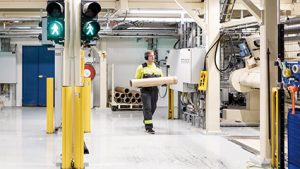 After the period of understandable common anger, it was necessary to change approach and move on to the search for solutions of continuity; for our part, and for all Raflatac staff, this was done with professionalism and attention. Personally, I have always encouraged sellers to visit customers to answer questions, suggesting how to collaborate together and I must say that, despite the difficulties, we have received various appreciations for how this difficult moment has been dealt with. Throughout this period we have managed to equally guarantee the deliveries of materials from 3 of our 4 production plants (Poland, England and France) that were not directly affected by the strike, while unfortunately, as regards the materials produced in Finland, such as the silicone paper produced by UPM Specialty Paper division, we know what happened.
After the period of understandable common anger, it was necessary to change approach and move on to the search for solutions of continuity; for our part, and for all Raflatac staff, this was done with professionalism and attention. Personally, I have always encouraged sellers to visit customers to answer questions, suggesting how to collaborate together and I must say that, despite the difficulties, we have received various appreciations for how this difficult moment has been dealt with. Throughout this period we have managed to equally guarantee the deliveries of materials from 3 of our 4 production plants (Poland, England and France) that were not directly affected by the strike, while unfortunately, as regards the materials produced in Finland, such as the silicone paper produced by UPM Specialty Paper division, we know what happened.
The crystal ball for the future is not among my working tools, unfortunately there are external factors that we cannot foresee, it will also be necessary to understand what difficulties our suppliers will have to face, but what I can say, and our customers know well, that our customers will be able to find in UPM Kymmene an interlocutor who is always available for dialogue and open to finding solutions. The road is now downhill even if the period requires everyone to carefully evaluate the strategies to be undertaken”, concludes Flavio Aragozzini.







